Education
Research in education conducted at University of Gävle addresses three levels: individual and group level, activity level, and societal level, all with a particular focus on learning processes. This is manifested in research which has explicit interests in processes, forms, and content of teaching, as well as in learning and in fostering. Projects pay particular attention to social sustainability and social justice, inclusive processes, study and career guidance, special needs education in learning, health education, assessment research, leadership research, learning in working life, studies on identity development, comparative studies, the different conditions of subject studies and educational action plans, and to curriculum theory research. The interest in learning processes thus moves across the different levels, both within and outside the education system, both nationally and internationally, and hence provides exemplifications of how humans are shaped and changed by different social, cultural, and historical contexts.
Contact:
Erika Björklund, Head of subject






%20HiG_HERO_1300x515_Innovativt_l%C3%A4rande.jpg)